We find out why galaxies are orientated this way
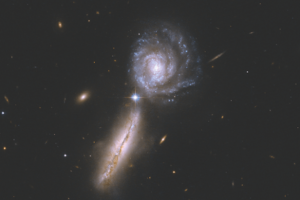 Deep Space
Deep Space

 Deep Space
Deep Space
We find out why galaxies are orientated this way
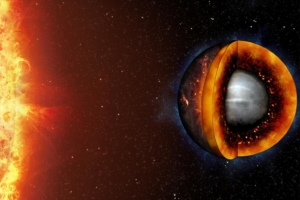 Deep Space
Deep Space
Molten planets could hold clues as to how a planet eventually becomes habitable, much like Earth
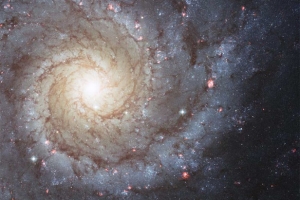 Deep Space
Deep Space
We have the answer to this intriguing question
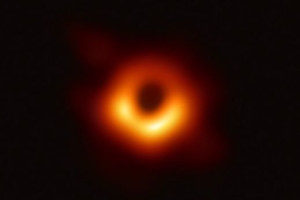 Deep Space
Deep Space
The first black hole image, announced in April 2019, received a sublime reception and everyone wants more
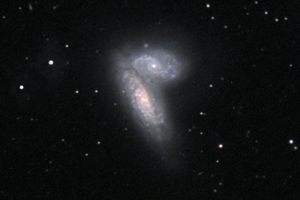 Deep Space
Deep Space
With their billions of stars, why don’t these giant structures light up the entirety of space?
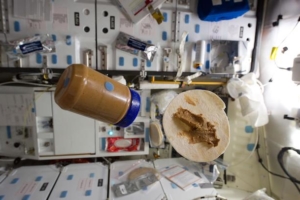 Deep Space
Deep Space
Find out why there are no take-aways in space
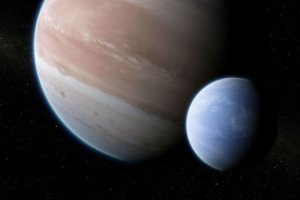 Deep Space
Deep Space
The mysterious Kepler-1625b-i and its parent planet may once have been siblings
 Deep Space
Deep Space
We find out what the space telescope can see from a far away galaxy
 Deep Space
Deep Space
They’re at the core of a triple galaxy merger one billion light years from Earth
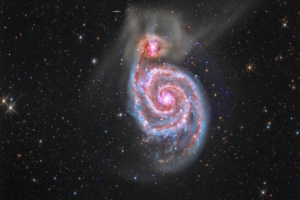 Deep Space
Deep Space
What could it be? Spiral? Elliptical? Lenticular? Or is there an outsider galaxy that is more common?
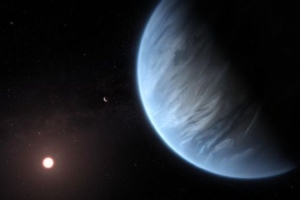 Deep Space
Deep Space
But who says the confirmation of alien life will come on Earth 2.0?
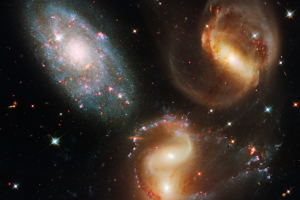 Deep Space
Deep Space
We define the meaning between these two descriptions of space
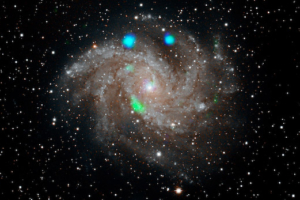 Deep Space
Deep Space
Astronomers predict that a black hole or neutron star could be the cause for this dramatic event
 Deep Space
Deep Space
Unique experiments have shone a light on a new pathway for carbon chemistry to evolve in space
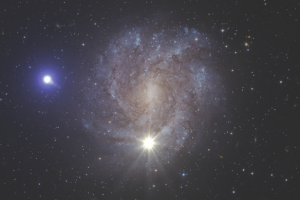 Deep Space
Deep Space
We take a look at what causes these stars to speed across the universe
 Deep Space
Deep Space
The ‘Alopeke instrument has deciphered an exoplanet mystery to reveal Kepler-13b’s true form
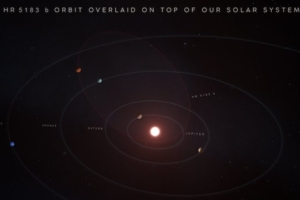 Deep Space
Deep Space
This unusual orbit has not been seen before by any other exoplanet or planet within our own solar system
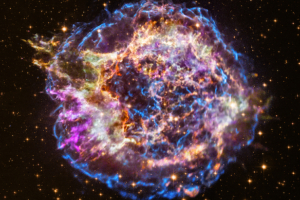 Deep Space
Deep Space
Researchers use these data to learn more about the physics of Cassiopeia A’s explosion and the expanding aftermath of the debris
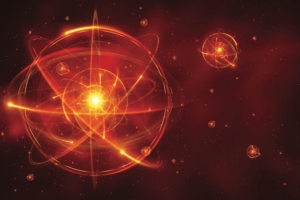 Deep Space
Deep Space
Find out what would happen if antimatter were to come across one of the universe’s most exotic objects
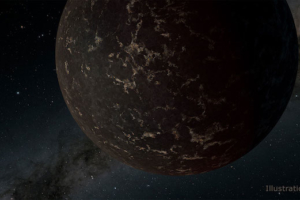 Deep Space
Deep Space
This analysis has also revealed that the exoplanet LHS 3844b also does not have an atmosphere